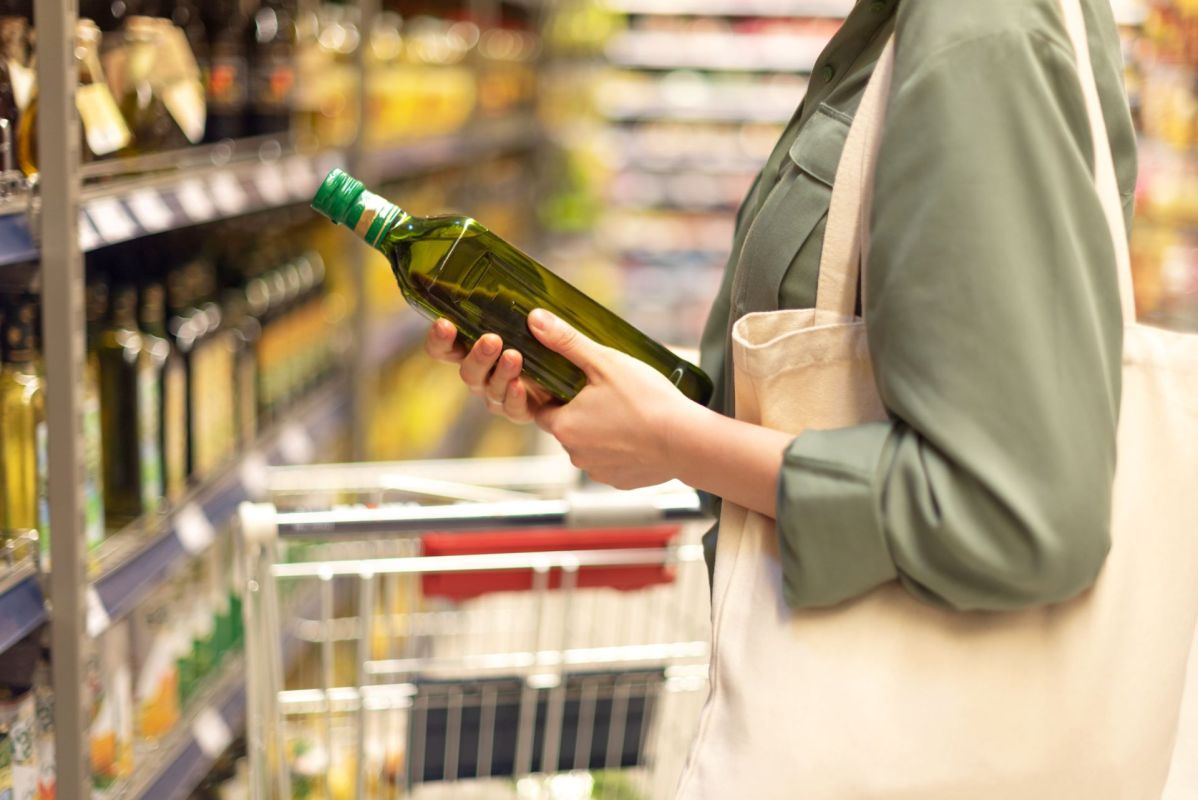A tumultuous climate has caused the price of olive oil to skyrocket — and experts warn that we shouldn't expect it to decrease any time soon.
What's happening?
Olive farmers worldwide are feeling the pain of a rapidly shifting climate. Two hubs of the olive oil industry — Spain and California — are facing opposite conditions that make olives much more difficult to grow, resulting in price hikes that are slowing the demand in the United States, according to the Washington Post.
In Spain, the biggest producer of olive oil in the world, an unusually dry season has caused concern among growers.
The Ministry of Agriculture, Fisheries, and Food projects that Spain will produce only about 750,000 tons of olive oil in the 2022-23 season — less than half of last year's 1.6 million-plus tons, according to the Washington Post.
This is primarily because there was the least precipitation in recorded history in April 2023— the country had only around one-fifth of its usual rainfall, according to Spain's weather agency AEMET.
California, on the other hand, is experiencing record levels of precipitation, according to the Washington Post. As a result of unusual levels of rain and snowfall, olive plants are blooming later in the year than is typical, which makes the quality of this year's crop much more difficult to predict.
Why is this concerning?
As weather patterns continue to shift, vital industries like agriculture become increasingly unstable, resulting in growers facing threats to their livelihoods. Consumers also must come to expect less reliable access to products they enjoy, and prices for certain goods will continue to increase as production becomes more difficult.
"Right now our prices are high, but I don't see any reasons why they're going to come down," economist John Cancilla said to the Washington Post.
"We don't know how this situation is going to end, but the forecasts are not encouraging," Ximo Sempere, CEO of an olive company in Spain, told the Washington Post.
What's being done about this problem?
To best adapt to a tumultuous climate, both producers and consumers must shift their expectations and habits.
For example, Ana Ortega, an olive oil producer in Spain, told the Washington Post that her company is attempting to sell alternative products like pomace oil that use different parts of the olive plant as the harvest remains unpromising.
Other companies like Zero Acre Farms are developing cool new ways of producing cooking oil that is less reliant on traditional farming processes.
There are also a number of ways that we can help reduce our carbon footprint and decrease our contributions to the dangerous overheating of the planet.
For example, we can change our transportation habits by riding e-bikes (or regular bikes), taking public transportation, upgrading to EVs, avoiding idling in our cars, and walking shorter distances to limit the exhaust our vehicles release into the atmosphere.
Join our free newsletter for easy tips to save more, waste less, and help yourself while helping the planet.








